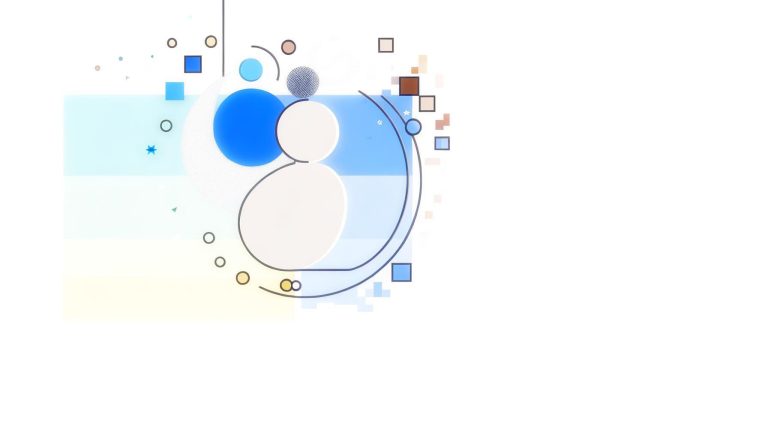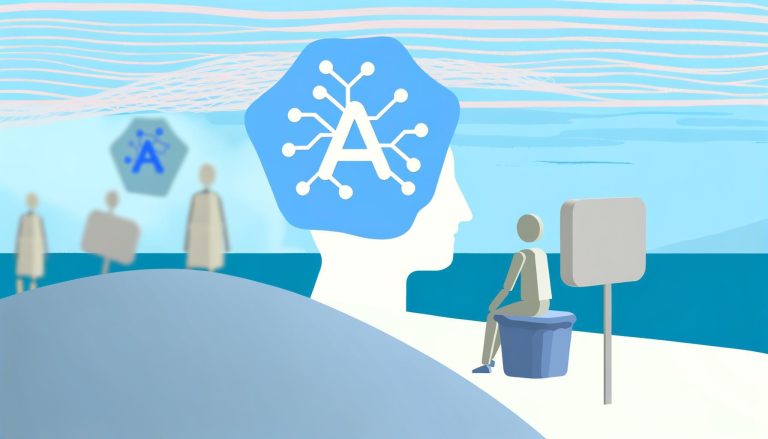Transitioning into an empty nest phase can be a challenging period for many parents. When children leave home for college, work, or to start their own families, it often leaves a void that feels difficult to fill. This period, known as Empty Nest Syndrome, can bring about a sense of loss, sadness, and anxiety. However, with the advancement of technology, specifically Artificial Intelligence (AI), there are now numerous tools available to help navigate this transition more smoothly. In this article, we will explore how AI can support individuals through midlife transitions, particularly focusing on coping with Empty Nest Syndrome.
Understanding Empty Nest Syndrome
Empty Nest Syndrome is not a clinical condition, but rather a psychological phenomenon experienced by parents when their children leave home. While it is a natural part of life, it can lead to significant emotional and psychological changes. Symptoms often include:
- Feelings of sadness and loss
- Loneliness and depression
- Anxiety about children’s well-being
- Identity crisis and lack of purpose
- Increased marital stress
These emotions are completely normal, but it is essential to address them constructively to ensure a healthy mental and emotional state. This is where AI tools can play a valuable role.
The Role of AI in Midlife Transitions
Artificial Intelligence offers a range of tools that can assist individuals in managing the challenges associated with life transitions, including Empty Nest Syndrome. These AI tools can provide emotional support, practical advice, and activities to help rebuild a sense of purpose. Let’s explore some key AI tools and how they can aid in this journey.
1. Virtual Therapy and Counseling Apps
Virtual therapy and counseling apps powered by AI can provide immediate emotional support. These platforms use AI to offer personalized insights and coping strategies, easing feelings of loneliness and anxiety. Examples include:
- Text-based therapy apps
- Video therapy sessions
- AI-powered chatbots for 24/7 support
These apps often collaborate with licensed therapists, ensuring that the advice and support provided are credible and effective.
2. Mood and Habit Tracking
AI-driven apps such as Zenora allow users to track their moods and habits, providing valuable insights into their emotional well-being and behaviours. By maintaining a journal of emotions and habits, individuals can identify patterns and triggers, making it easier to address negative feelings proactively.
Benefits of mood and habit tracking include:
- Increased self-awareness
- Identification of emotional triggers
- Better understanding of behavioural patterns
- Enhanced ability to develop positive habits
3. Mindfulness and Meditation Apps
Mindfulness and meditation apps use AI to offer personalized mindfulness exercises and meditation practices. These practices can significantly reduce stress and anxiety, helping to cultivate a more peaceful state of mind.
Popular apps in this space include:
- Headspace
- Calm
- Insight Timer
These apps can guide users through various techniques, such as breathing exercises, visualization, and progressive muscle relaxation, helping them stay grounded during turbulent times.
4. Social Connection Platforms
AI-enabled social connection platforms can help alleviate feelings of loneliness by connecting individuals with others who share similar interests or experiences. These platforms foster community and provide a support network, which is essential during the empty nest phase.
Examples include:
- Online support groups
- Social media platforms with AI-driven friend suggestions
- Virtual hobby clubs and interest-based communities
5. AI-Based Learning and Skill Development
Transitioning to an empty nest phase can be an ideal time to pursue new interests and skills. AI-based learning platforms offer personalized learning experiences, helping individuals discover new passions and build new competencies.
Popular platforms include:
- Coursera
- Udemy
- LinkedIn Learning
These platforms use AI to recommend courses based on individual preferences and learning styles, making the learning process more engaging and effective.
6. Virtual Health Assistants
AI-powered health assistants can help individuals maintain their physical health, which is pivotal for overall well-being. These virtual assistants provide health advice, nutrition tips, and exercise routines tailored to individual needs.
Examples include:
- Fitness tracking apps like MyFitnessPal and Fitbit
- Personal health assistants like Ada and HealthTap
- AI-driven nutrition planners
Practical Tips for Navigating Empty Nest Syndrome with AI Tools
To make the most of these AI tools, consider the following tips:
- Start Early: Begin exploring these tools before your children leave to familiarize yourself and integrate them into your routine.
- Stay Consistent: Regular use of mood tracking, mindfulness, and learning apps can lead to better results over time.
- Connect with Community: Use social connection platforms to build a support network of like-minded individuals.
- Embrace New Interests: Take advantage of AI learning platforms to explore new hobbies and skills.
- Monitor Your Health: Utilize virtual health assistants to maintain physical wellness, which directly impacts mental health.
- Seek Professional Help When Needed: While AI tools offer valuable support, don’t hesitate to seek professional therapy or counseling if needed.
Conclusion
Empty Nest Syndrome can be a challenging phase in any adult’s life, but with the aid of AI tools, it is possible to navigate this transition more smoothly. From therapy apps and mood tracking to social connection platforms and virtual health assistants, AI provides a multitude of resources to support emotional and physical well-being.
As you embark on this new phase, remember to be patient with yourself, embrace the opportunities for growth, and take advantage of the technology at your disposal. These tools can help you rediscover purpose, build new connections, and maintain a positive outlook on life.
For those interested in taking a deeper look into how AI tools can support you personally, consider using the Zenora app. It offers mood and habit tracking, goal setting, and insightful statistics that can help you thrive in this new chapter of your life.





